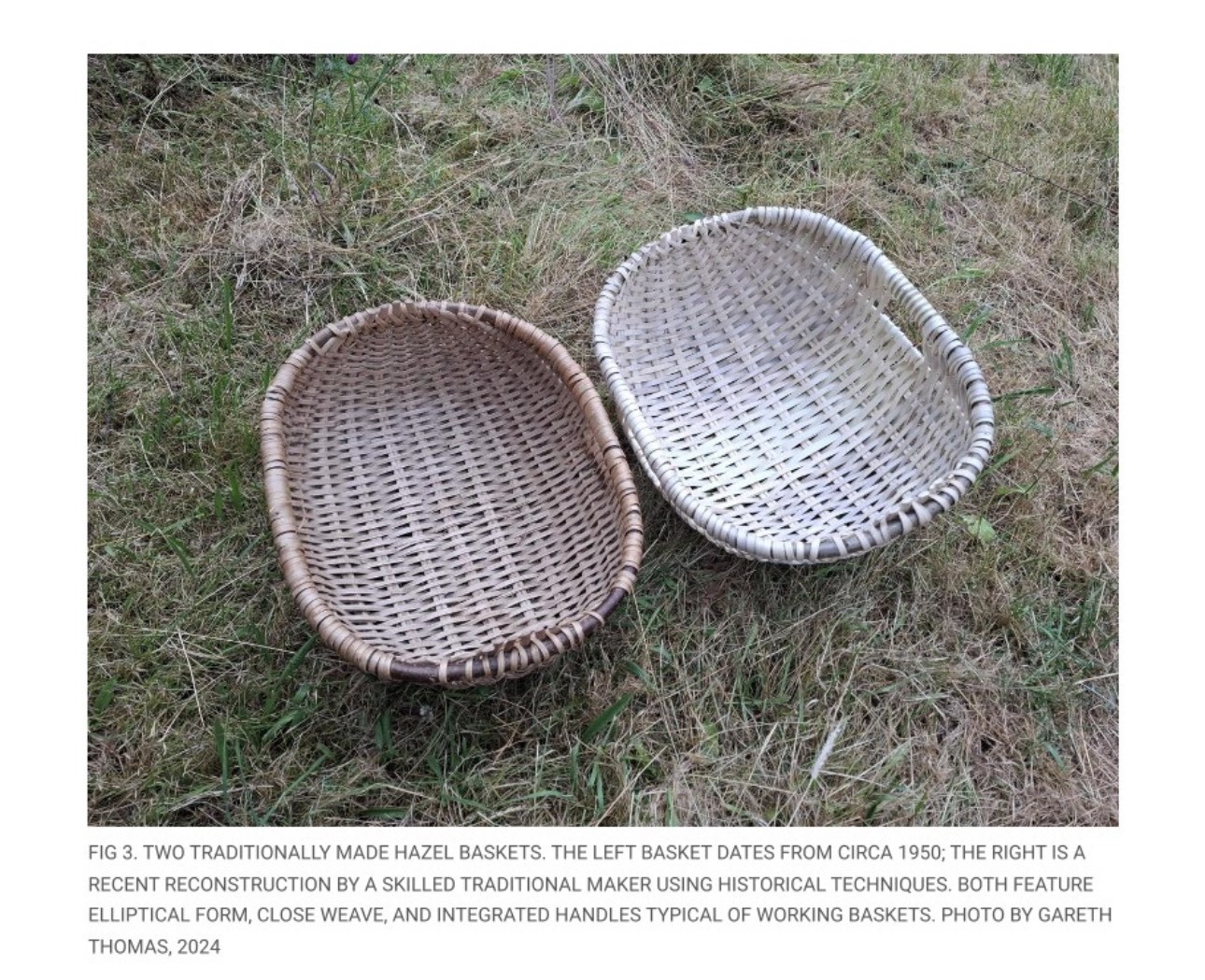
Posted in Blog on Jun 18, 2024.

Author: Gareth Thomas
In an era where climate change is rapidly altering landscapes and livelihoods, the preservation of cultural heritage becomes crucial for the resilience of communities. The Coastal TALES (Coastal Trans-Atlantic Learning for Engagement and Sustainability) project, spearheaded by the UNESCO-MOST BRIDGES (UK) hub at the University of Wales Trinity Saint David (UWTSD), aims to address this challenge. With €770,000 in funding from the Belmont Forum’s Climate and Cultural Heritage joint call (CCH 2023), the project brings together researchers and communities from Ireland, the United States, and Wales. The goal: to document and preserve the adaptive strategies of coastal communities facing climate change impacts.
One of the most captivating aspects of this project is its focus on the ancient practice of coracle fishing, a tradition deeply rooted in the coastal regions of Wales. This article delves into the life of a coracle fisherman, showcasing how the Coastal TALES project is working to preserve this unique cultural heritage.
Coracle fishing, an age-old tradition in Wales, is a testament to human ingenuity and the sustainable use of natural resources. The coracle is a small, lightweight boat, traditionally made from an ash frame and woven willow or hazel, covered with a waterproof layer of animal hide or modern materials like tarred canvas. These boats, used for centuries, are ideally suited for the shallow, swift-flowing rivers of Wales.
A Day in the Life of a Coracle Fisherman
The coracle fishermen and woman of the Towy Valley, whose families have been practicing this craft for generations, begin before dawn, checking the weather and water conditions. This knowledge is not written in books but passed down through stories and hands-on experience.
Equipped with coracle, net, and a deep understanding of the river’s ecosystem, they paddle across silent waters in a town with no cars and nothing happening in the dead on the night. The design of the coracle allows them to maneuver efficiently, setting nets in locations known to have once been rich with fish. This sustainable fishing method ensures that the ecosystem if left largely undisturbed.
However, despite its serene appearance, coracle fishing is fraught with challenges, including navigating strong currents, maintaining the delicate balance of the lightweight vessel, and the physical strain of paddling and handling nets in often unpredictable weather conditions. This is further exacerbated by significant modern sustainability challenges, such as the need to balance traditional fishing practices with modern conservation efforts. Ensuring fish populations remain healthy and ecosystems are not over-exploited means these coracle men/woman end up paying for expensive commercial licenses whilst struggling to catch fish in increasingly polluted waters. These days they dont catch much, and are only allowed to catch sea trout, the rest needs to be released. What they do catch has to tagged, logged and is liable for inspection.
The Coastal TALES project recognises the importance of traditional practices like coracle fishing in maintaining cultural heritage and fostering community resilience. By documenting these practices, the project aims to provide valuable insights into how such traditions can adapt to the changing climate.
Collaboration and Knowledge Sharing
The project involves a collaborative effort between universities and local communities. Researchers from UWTSD, Trinity College Dublin, and Arizona State University, along with community partners like the Carmarthen Coracle and Netmen’s Association, work together to document and analyse the techniques and knowledge of coracle fishermen.
Community Impact
Luci Attala, Director at the UNESCO - BRIDGES (UK) Hub at UWTSD, emphasizes the significance of cultural heritage in shaping resilient communities. “In the face of climate change, cultural heritage plays a vital role in shaping resilient communities,” she says. By supporting projects like Coastal TALES, the aim is to empower communities to maintain their cultural identity while adapting to new environmental realities.
As the Coastal TALES project progresses, the hope is that it will highlight some of the issues faced by traditional coracle fisher people and inspire international links with similar initiatives globally. By highlighting the interplay between cultural heritage and climate resilience, the project hopes to show how communities can effectively adapt and respond to environmental changes.
For the coracle fisher people, the river is more than a source of livelihood; it is a living link to their heritage. Ensuring that future generations can paddle their coracles across the same waters, guided by the wisdom of the past.


